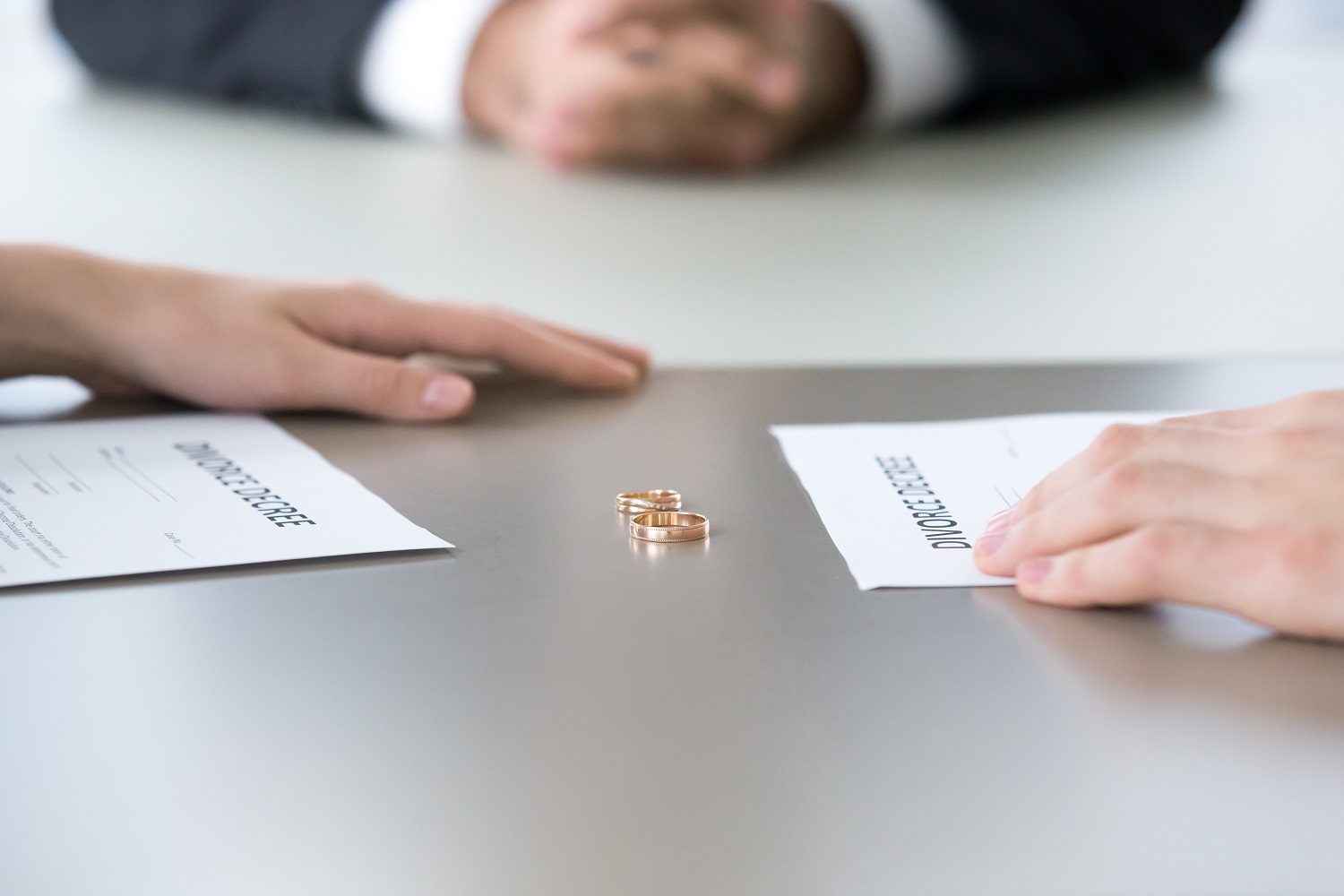Repossession occurs when a creditor seizes a piece of property that was used to secure a loan. If you default on that loan, the creditor has a right to take the property to recover some or all of the money owed to them. The situation can get even more complicated if a divorce proceeding is involved. Heimerl & Lammers can help you if you find yourself in this situation
Improper Repossession: Breaching the Peace
There are many times in which the property being repossessed by a creditor is a motor vehicle. The creditor has the right under the law to seize the vehicle any time of the day or night without going to court and they can take it from the debtor’s property without any notice. There are rules that they are required to follow, however, so they do not “breach the peace.” They can breach the peace by committing any of the following acts:
- Seizing the vehicle over protest
- Using threats of force or actual force to repossess
- Removing the vehicle from a closed garage
If a creditor has committed breach of peace, they may lose their right to enforce a deficiency judgment against you or they may have to pay a penalty. It is possible you could receive monetary damages for the violation.
Bankruptcy Stops Repossession
When you file your bankruptcy case with the court, creditors are required to stop all attempt to collect on the debts you owe. This includes repossession of property. If you are behind on payments, you should contact an attorney at Heimerl & Lammers to see whether bankruptcy is the right option for you.
Recovering Repossessed Property through Bankruptcy
If your property has been repossessed but not yet sold by the creditor when you file for bankruptcy you may still be able to recover that property if you wish to do so. Again, filing for bankruptcy will put a halt to a creditor’s repossession effort, so you and your attorney will have an opportunity to utilize either of the following options:
- Negotiate with the lender and attempt to come to mutually acceptable repayment terms by lowering your monthly payment, total loan balance, and/or interest rate. The lender may find this to be a more favorable solution than selling the property at a loss.
- Utilize the redemption process available in bankruptcy. A debtor can redeem property by paying the fair market value of the property to the lender in a lump sum. This can be a useful option when the property is worth less than the debtors outstanding loan balance. For instance, you may owe $4,000 on a car that is worth $2,000. You can pay the creditor $2,000 and take the car free and clear of any further liability to the creditor.
Repossession and Deficiency
If the creditor has repossessed your property and sold it, you may still be liable for a deficiency if the sale of the property was not enough to cover your outstanding loan balance. Luckily, a deficiency is a debt that you can get rid of through bankruptcy.
If you are worried about repossession or are already dealing with this issue, then you should contact an attorney at Heimerl & Lammers. We will make sure your rights are protected and give you the best opportunity possible to keep your property.





